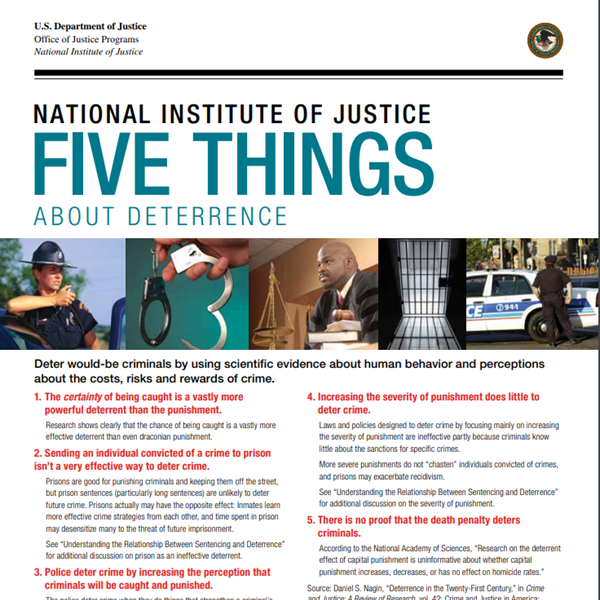Sentencing in criminal cases is heavily influenced by several factors. The severity of the crime, the offender’s criminal history, the circumstances surrounding the crime, and the impact on the victim are some critical considerations judges make when deliberating on a sentence. Remorse, rehabilitation potential, and mental state are also other essential factors judges consider while sentencing. Public opinion also plays a significant role in high-profile cases, with judges facing pressure to deliver harsher sentences. Ultimately, the sentencing guidelines in each jurisdiction dictate the severity of sentences given out by judges in courts. Understanding these factors is crucial to navigating the criminal justice system and achieving fair outcomes.
Crime and Punishment: 10 Factors that Influence Sentencing
1. The Severity of the Crime
The severity of the crime committed is one of the most significant factors that influence sentencing. Crimes are generally categorized as misdemeanors or felonies, with felonies being more severe. The more severe a crime is, the harsher the sentence is likely to be.
2. The Criminal Record of the Offender
The offender’s criminal record is another major factor that influences sentencing. If an offender has a history of committing similar crimes, their punishment is likely to be harsher.
3. The Circumstances Surrounding the Crime
The circumstances surrounding the crime can also influence the sentence handed down. Aggravating factors such as the degree of planning, use of weapons, and involvement of other parties can lead to a longer sentence.
4. The Impact on the Victim
The impact of the crime on the victim can also play a role in sentencing. If the victim suffered significant harm or trauma, the judge may be more inclined to issue a harsher sentence.
5. The Offender’s Remorse
The level of remorse shown by the offender can also influence their sentence. A judge may be more lenient if the offender shows genuine remorse and takes steps to make amends for their actions.
6. The Offender’s Age
The age of the offender can also be a factor in sentencing. Juveniles are often given more lenient sentences due to their age and potential for rehabilitation.
7. The Offender’s Mental State
The mental state of the offender can also play a role in sentencing. For example, if the offender suffers from a mental illness or condition that contributed to their criminal behavior, the judge may be more lenient with their sentence.
8. The Offender’s Rehabilitation Potential
The potential for rehabilitation is another factor that can influence sentencing. If the offender has shown a willingness to change and actively seeks out rehabilitation programs, the judge may be more lenient.
9. The Influence of Public Opinion
Public opinion can also play a role in sentencing. Judges may be influenced by public outcry or pressure to issue harsher sentences in high-profile cases.
10. The Sentencing Guidelines in the Jurisdiction
Finally, the sentencing guidelines in the jurisdiction can also influence the sentence handed down. Each state and federal district has their own guidelines and laws regarding sentencing, which judges must follow when issuing sentences.
Conclusion
Sentencing is a complicated process that is influenced by various factors. The severity of the crime, the offender’s criminal record, and the circumstances surrounding the crime are just a few of the key factors that determine the outcome of a sentencing hearing. Understanding these factors can help individuals better navigate the criminal justice system and support fair and just outcomes.
